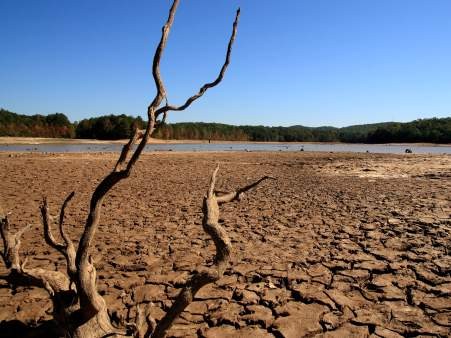The Programme goal is to help countries to systemize their efforts on climate change adaptation using GWP CACENA framework, which promotes power of IWRM as a tool for climate-resilient development.
Duration of the Programme commitment is for 21 months from July 1, 2013 to March 31, 2015.
GWP Result Framework Summary highlighting outcomes and outputs:
|
OUTCOME |
OUTPUT |
|
Increased capacity and ability of CACENA region to adapt to climatic variability and increase water security |
Central Asia and Caucasus countries supported in the development of “no/low regret” investments and measures to increase climate resilience and integrate these measures into river basin management plans, other national plans/programmes and, budgets. |
|
Solutions in place for addressing critical water security challenges to enhance climate resilience of countries and communities |
|
|
Knowledge and capacity developed for enhancing water security and climate resilience |
|
|
Operational GWP network working with strategic allies and stakeholders to integrate water security and climate resilience in the development process |
The following five components of the Water and Climate initiative will be emphasized throughout the programme in CACENA:
- Knowledge base: compilation of information and knowledge on recorded practices in climate change adaptation planning and management;
- Guidance on technical and institutional aspects: tools and methodologies developed to support an increased water security risks responses;
- Advocacy: an increased stakeholder buy-in for the IWRM approach through regional and country dialogues;
- Capacity building: Raising awareness and understanding of climate change adaptation and how the responses fit in IWRM policies.
The main focus of the program will be addressed to pilot testing of practical solutions for drought management (water saving) in irrigated agriculture and for increasing water availability in small villages on the basis of low-cost wastewater treatment.
